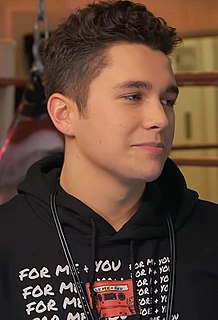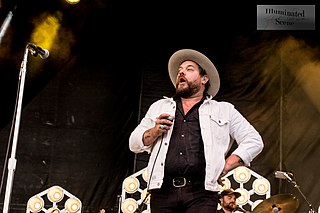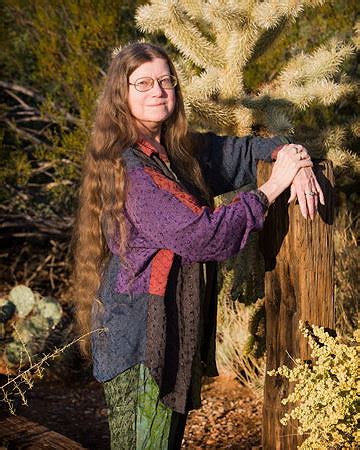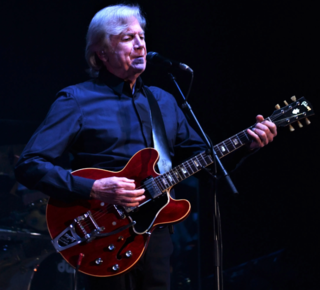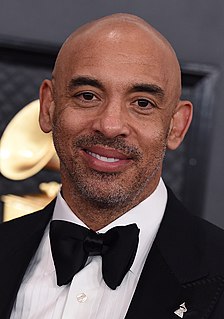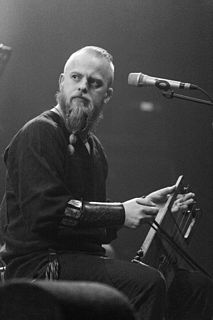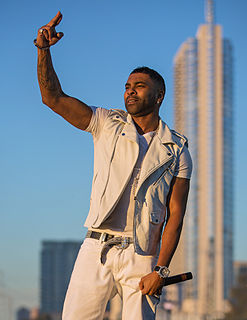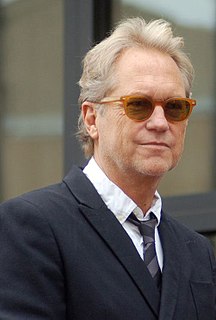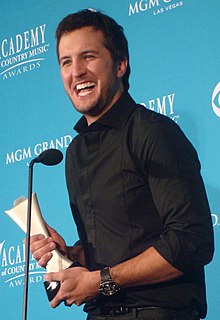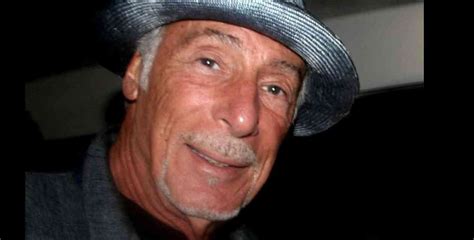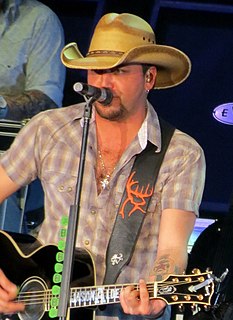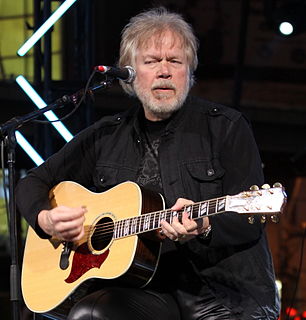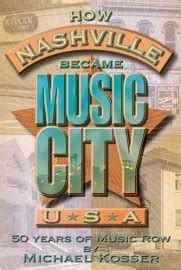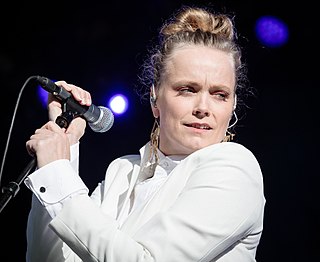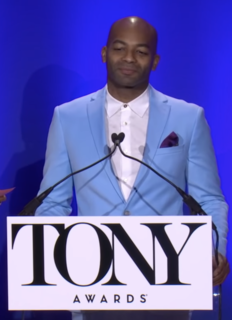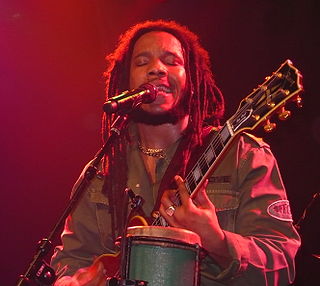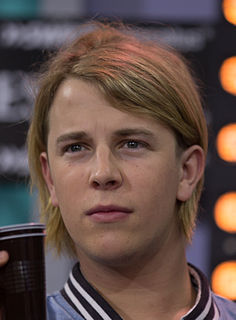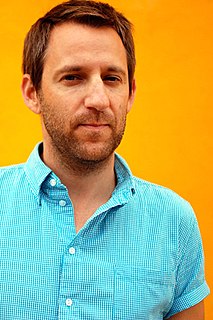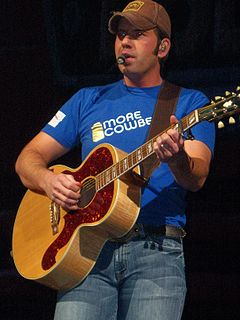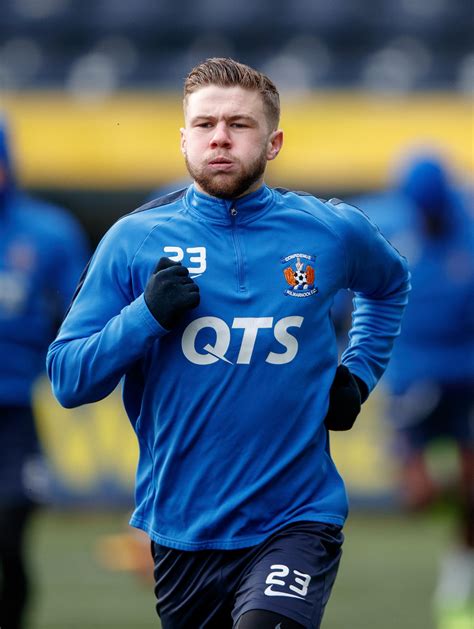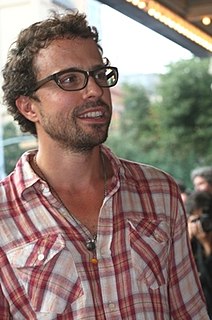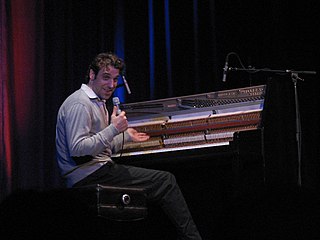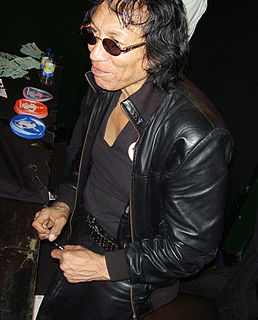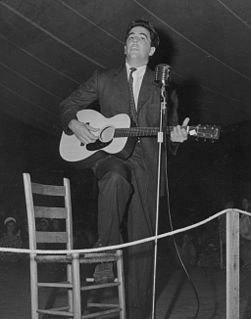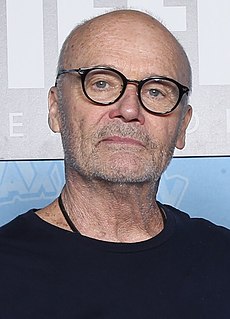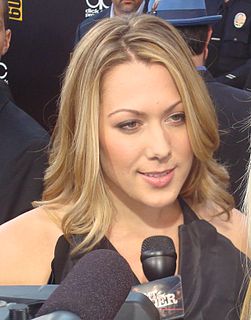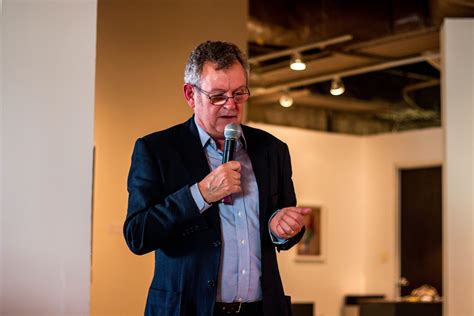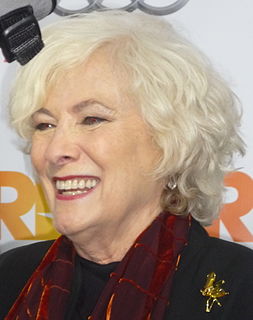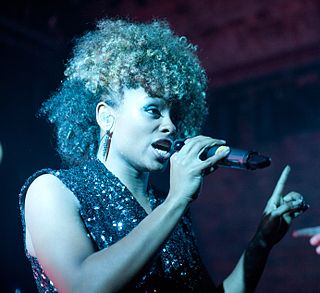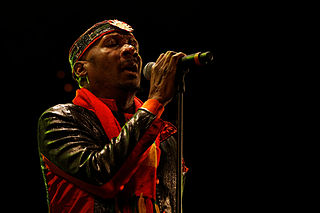Top 1200 Protest Songs Quotes & Sayings - Page 3
Explore popular Protest Songs quotes.
Last updated on November 8, 2024.
A lot of times, that's hard to capture: what you sound like in person versus what you sound like on record. If I had total control, I would do a lot of the old songs - not only my songs but Sam Cooke songs, Luther Vandross, melody songs. That's what I would really do if I had an opportunity to do a record.
The essence of songs is neither vocal nor cerebral but organic. We follow songs in order to be enclosed. We find ourselves inside a message. The unsung, impersonal world remains outside, on the other surface of a placenta. All songs, even when their content or rendering is strongly masculine, operate maternally.
In my culture we had songs for everything, and that's lost now. There were songs for when people were born, when they died, when they sowed the field, baked bread and they're gone now mostly. I think we need these songs today. One of the reasons people connect to Wardruna in such a personal way is because there is a need for these songs and for that kind of connection to the nameless. Call it nature, god whatever.
We call them impact songs, and people buy impact songs. But you just never know what those songs are going to be. One of those songs that really went through the roof for us was 'Big Green Tractor,' which I thought was kind of a fun little ditty song that I never in a million years thought would be as big as it was. But it was.
You look at what One Direction has done and just say, 'That is just lucky;' it is not. It is happening because they are talented boys, good looking lads; and yes, their songs might not be the typical songs that lots of radios want to play, but they are great songs, pop records, that are massive across the world selling in huge numbers.
There was the pedestrian who wedged himself into the crowd, but there was also the flneur who demanded elbow room and was unwilling to forego the life of the gentleman of leisure. His leisurely appearance as a personality is his protest against the division of labour which makes people into specialists. it was also his protest against their industriousness. Around 1840 it was briefly fashionable to take turtles for a walk in the arcades. the flneurs liked to have the turtles set the pace for them.
Here's some free advice; like the folkies of yore, you need to be not just a writer of songs, you need to be a lover of songs, a listener of songs and a collector of songs. If you hear a song in a club that knocks you out or you hear an old recording of a great song you never knew existed, it does not diminish you to record it; it actually exalts you because you have brought a great song from obscurity to the ear of the public.
I have written quite a lot of songs about dealing with my feelings surrounding the disease. I have written songs about the fear and anxiety I have around my disease, and the fear of it coming back. Some of my songs might seem like relationship songs, but are more about my relationship with that struggle.
I don't really premeditate what I write my songs about; you know, they just kind of happen, and I can't start writing songs to please a certain group of people or propagate a certain message all the time. That's just not how my songwriting works - it just sort of comes out, and the songs are what they are.
I don't really like over-explaining the songs. Everyone constantly asks what the songs are about, and I think the thing is that the songs definitely all have stories in them; it's just nice to let people decide what they are. I think it's important that people hear it themselves rather than having me annotate it.
When I pull into a city and I rent a car and it's Nashville, or it's London, or I'm driving in the taxi to the hotel, and on comes one of my songs, it's like, 'Oh my God, they're still playing these songs on the radio.' And you still feel tearful and very grateful that somebody still likes these songs that you made up.
You don't always get lucky enough to have songs that can breathe and shift meaning. But every once in a while you open up a window and something passes through. It's really nice for me when I discover those songs in my catalogue. It's one of the reasons I try not to get too specific about what my songs mean.
If you're going to point out the ridiculousness of a rule, it's naïve to think that you can break it. It's the same way that rappers have embraced capitalism. Some people say they liked it better when rap was a literal protest form in the '90s. But I think it's more a form of protest today, because it's telling the story of what happens once something forbidden is within reach. I think rap is more political today when it speaks about luxury watches than it does about fighting the power.
I write songs for myself, songs come out of me, I get enjoyment out of it. Basically, that's it - I get enjoyment out of my songs, I know they're good songs, and know that the people around me who I respect are all getting up on these tunes, and the feedback is really good, so that's it. There are people who will receive them, and don't receive them. Not in a spiritual sense, but in a commercial sense - do these songs treat people, and so far they're working.
Even writing verses from my first album, there were songs that I didn't use because I just felt that they weren't really for me. But I think that happens naturally when you write songs. You're in a different mood in every session. There's so many songs out there that could potentially be used by other artists.
What I like about music is the songs you can remember the lines of in a single second. The Beatles, The Rolling Stones... You can remember every line to their songs. But today, how often do you remember any of the lines to songs? I mean, I know that one of the Lily Allen's last albums is called It's Not Me, It's You. But I don't know how the songs go.
I like albums where all the songs are written in one go. If you're trying to create the number-one album with the best songs ever, I get why you'd want to write for three years and pick the best ones, but for me, I'd rather hear a group of songs that are all expressing a state, or time of your life. I think it's more that.
